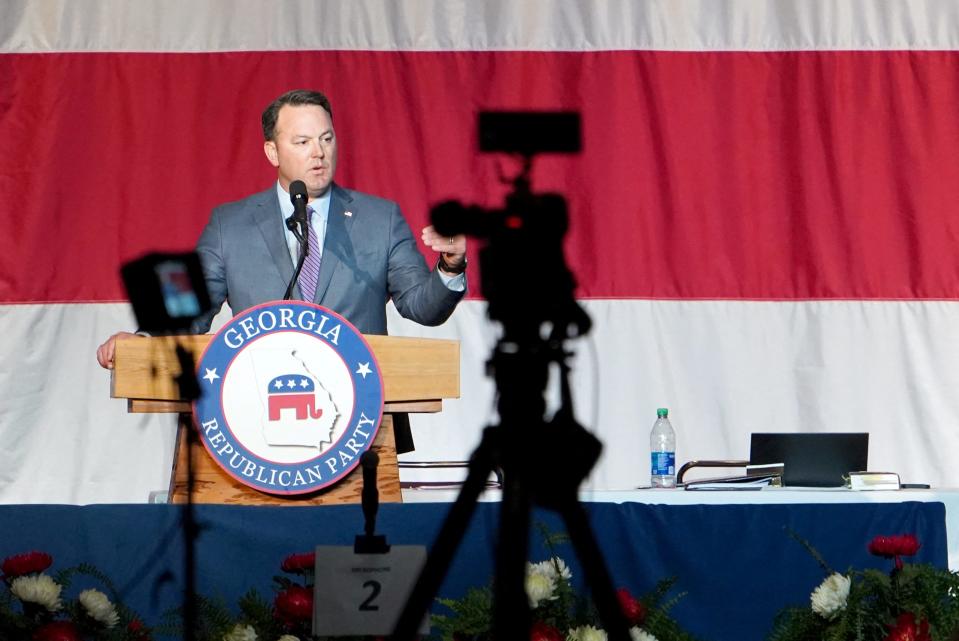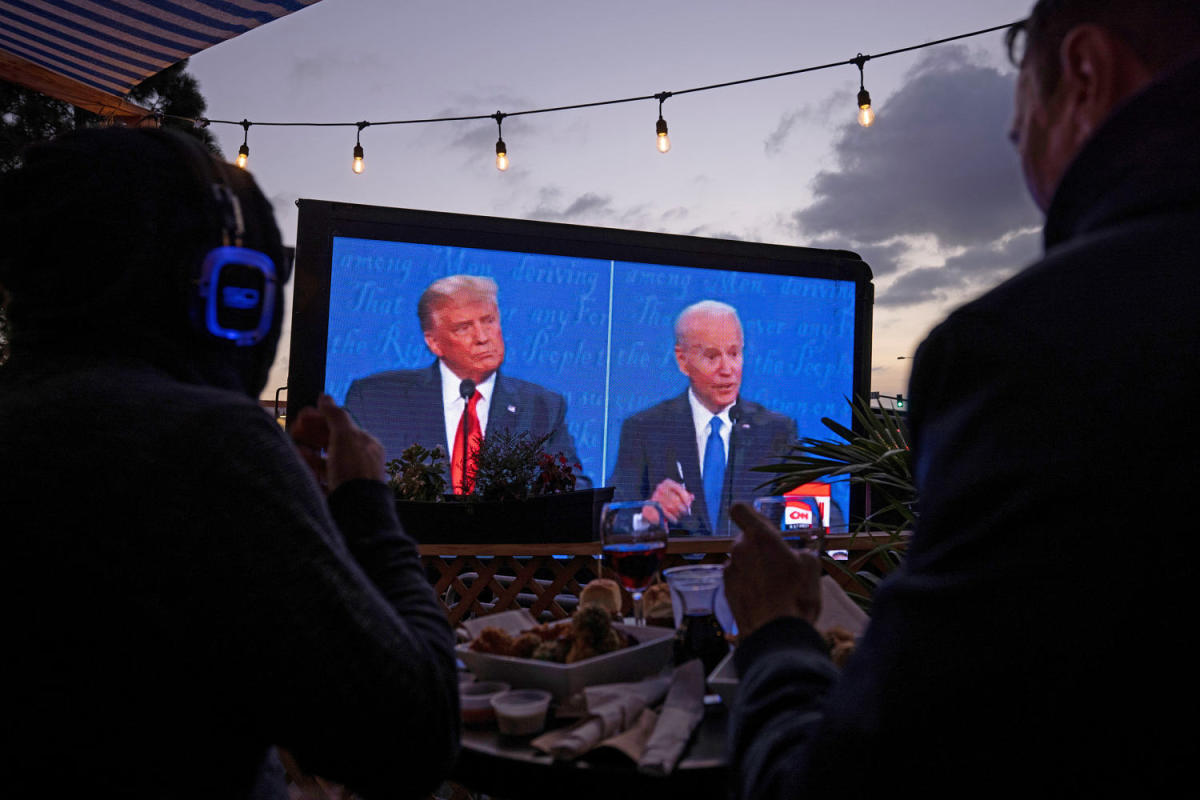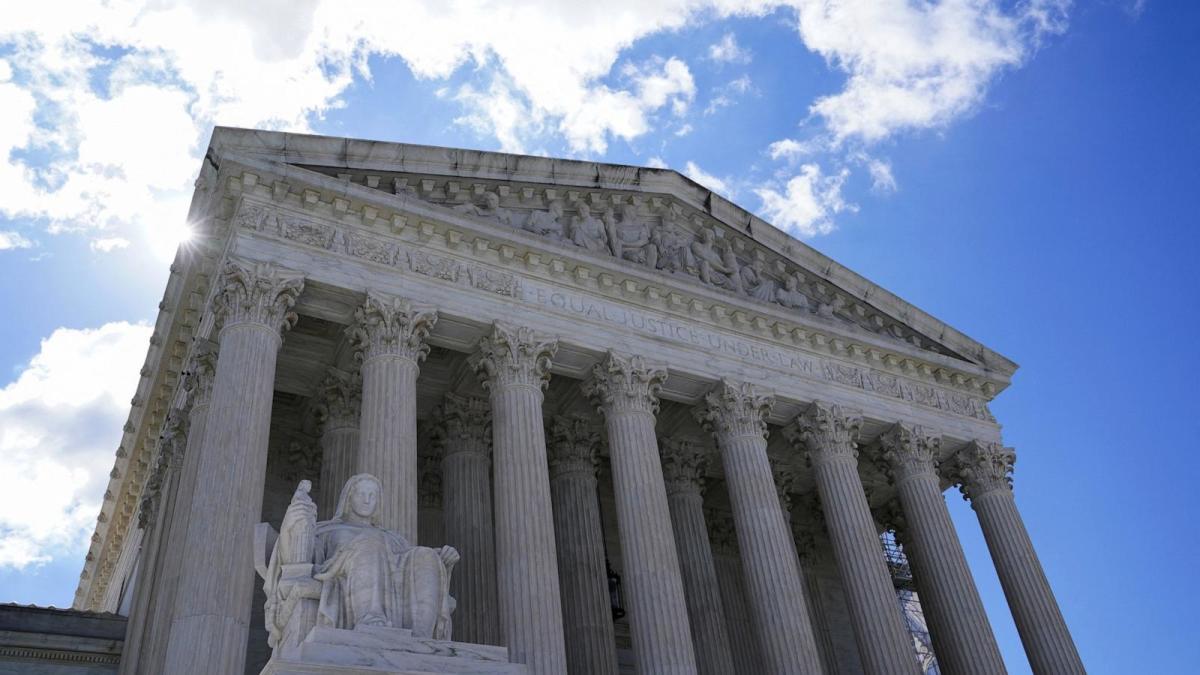Hundreds of public officials in five key swing states have denied election outcomes, tried to overturn an election, or made statements to undermine an election, a new study says.
The study identified 334 of these public officials in Arizona, Georgia, Michigan, North Carolina, and Wisconsin running the gamut from a state’s second-highest elected official to local boards that certify election results. Those closely divided states are likely to decide the 2024 presidential election.
The study by Public Wise, a left-leaning nonprofit group that advocates for representative democracy, is the most comprehensive study to date of state and local public officials who have power over elections but whose commitment to election fairness has been questioned.
Most officials Public Wise identified are state lawmakers, and many signed on to letters asking various state and federal officials to stand in the way of Joe Biden’s 2020 victory. Others include elected county commissioners, elected county sheriffs, elected town officials, people appointed to run day-to-day election administration or perform routine signoffs on vote certification.
Christina Baal, the executive director of Public Wise, said the organization is “sounding the alarm” on what could happen this year based on what these people have said and done in the past.
“We believe that these folks are going to try to … deny election results that are validly held,” said Christina Baal, the executive director of Public Wise. “And I wouldn’t be surprised if we saw that when we’re looking at the presidential election or even local elections.”
The names include:
-
Georgia Lt. Gov Burt Jones, a Republican, a Trump fake elector who is being investigated for his role in helping Trump overturn the 2020 election in Fulton County.
-
Don Millis and Robert F. Spindell, Republican members of the Wisconsin Elections Commission, the statewide entity that certifies elections. Millis evaded a question about whether Biden won the state in 2020. Spindell served as a fake elector.
-
Bob Bartelsmeyer, the elections director in La Paz County, Arizona, who shared false information about the 2020 election on social media and said something was off about that election.
-
Robert Boyd, a Republican on the four-member local board responsible for certifying election in Wayne County, Michigan, which includes Detroit. Boyd said he wouldn’t have voted to certify the 2020 presidential results.
-
Mary Potter Summa and Elizabeth McDowell, board member and secretary of the board of elections in Mecklenberg County, North Carolina, which includes Charlotte. The two Republicans have voted against certifying results of elections.
USA TODAY reached out to all of the officials named above but did not receive any responses. Several of the officials have defended their positions in interviews with other news outlets.

Officials say they’re for election integrity
Spindell told the Associated Press last year, “The last thing I want to do is suppress votes.”
Bartlesmeyer qualified his stance in a January interview with CNN, when he said, “Sometimes it’s hard for me to accept that there wasn’t some errors made in the election, but I’m not sure that it was to the extent that it would have changed the election.”
The Republican Party in Mecklenberg County says, “Election integrity is a cornerstone of any democratic system,” that “ensures that the people’s will is accurately reflected in the outcome of elections.”
Before qualifying someone as an election denier or an election threat, Public Wise said it looked for advocacy to undermine an election, such as sending letter calling for a national election audit, or co-sponsoring a resolution to decertify legitimate electors in 2020. They also looked at support for the Jan. 6, 2021 attack on the Capitol and public posts that implied they denied the results of elections in 2020 or 2022.
The group says the people on the list risk enacting laws that “can undermine fair voting processes” may “endorse appointees that erode election integrity,” misuse their law enforcement authority, or “interfere illegally in elections,” among other things.
Previous studies have named people as potential threats to elections, but none have listed so many people in battleground states. A study from two branches of the University of California in 2023 called 229 people across 40 states “election deniers.” A dark money group called States United Action, which runs ElectionDeniers.org, identified 179 state and local candidates in 47 states.
“It is a very organized movement that is taking over these small, lesser-known offices,” Baal said of people serving in local office. “Some of them are running in low-turnout elections. Some of them run unopposed. Some of them are appointed. And this is how they’re gaining power.”
This article originally appeared on USA TODAY: State officials who cast doubt on elections are now influencing them














